Antimicrobial resistance (AMR) poses a significant worldwide challenge now and in the coming years. To help address this complex problem, the One Health approach is being increasingly implemented, recognising the interconnectedness of human, animal and environmental health. It emphasises collaboration and coordination among multiple sectors to promote responsible antimicrobial use, surveillance, infection prevention, control measures and research.
The severity of AMR varies from one location to the next, and affects populations on local and global scales unequally, meaning that monitoring AMR in the environment is an important tool to understand its prevalence and spread. One of the ways that AMR can be tracked is by wastewater surveillance, which can be done within local communities or wider regions, allowing researchers to identify hotspots of AMR, track trends, and evaluate the effectiveness of interventions.
In this hour-long interactive webinar you will hear from two scientists at the forefront of AMR science and policy. Geetanjali Kapoor from One Health Trust, India and Barbara Kasprzyk-Hordern from University of Bath explore how the One Health approach and wastewater monitoring can revolutionise our understanding and response to this global threat.
During the webinar we:
- Discuss how the One Health approach provides a holistic framework for addressing AMR
- Explore how wastewater monitoring for AMR surveillance is an innovative tool that provides valuable insights into the prevalence of resistant microorganisms in human and animal populations, as well as the environment
- Focus on the policy implications of the One Health approach and wastewater monitoring for AMR
Our guest speakers
Geetanjali Kapoor, Director One Health Trust, India
Geetanjali Kapoor is a physician, with specialisations in medical microbiology and public health. Currently, she is heading the India office of the One Health Trust where she is in charge of multiple research projects in Africa and India. Previously, Geetanjali worked as a clinical microbiologist in India and Kuwait, and as a consultant with the World Health Organization (WHO). She supported the development of India’s national infection prevention guidelines and state action plans for AMR control, as well as provided strategic guidance to pharmaceutical firms on drug development.
Her research interests include antimicrobial resistance surveillance, infectious disease management, health systems strengthening, and health policy formulation. Dr Kapoor is a strategic advisory board member for the Joint Programming Initiative on Antimicrobial Resistance as well as a member of WHO’s bacterial priority pathogen advisory group.
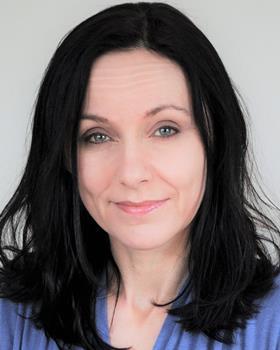
Barbara Kasprzyk-Hordern, Professor in environmental and analytical chemistry
Barbara Kasprzyk-Hordern is professor in environmental and analytical chemistry in the Department of Chemistry at the University of Bath’s Institute for Sustainability and a co-director of Bath Water and Innovation Research Centre. Her research interests fall into the three interrelated research areas of environmental, analytical and water sciences. She has made major contributions to understanding chemical speciation of emerging and legacy pollutants in the environment, and in developing and evaluating new solutions aimed at reducing environmental pollution levels. Her recent interests are related to environmental pollution and public health, including environmental antibiotics hotspots and AMR. Barbara is currently focusing on the development of early warning systems for environmental and public health assessment via water fingerprinting and wastewater-based epidemiology.
Our special collection on antimicrobial resistance
Antibiotics are one of chemistry’s greatest contributions to humanity but we are approaching a crisis. Bacteria have developed resistance to many of the drugs and the rate of discovery of new medicines – and especially new classes – has slowed. In this special collection, we look at the work being done on new drugs, on improving the ways we all pay for the discovery process and more.
Read the full collection here.


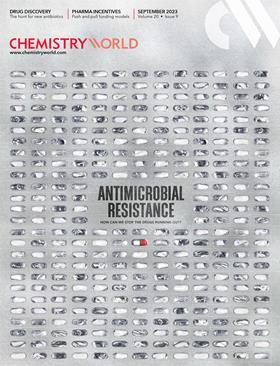






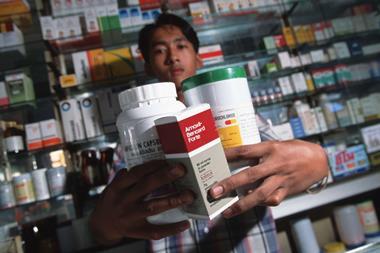

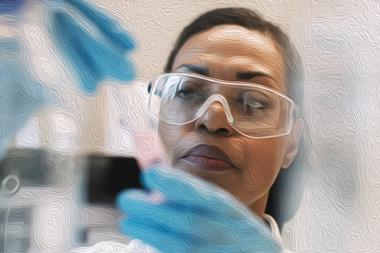



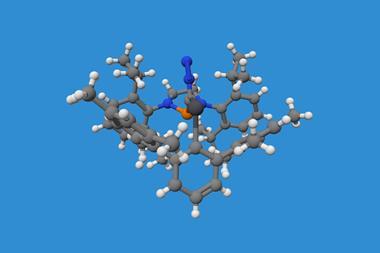
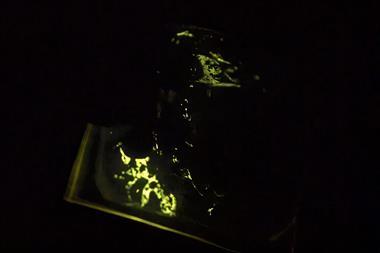





No comments yet